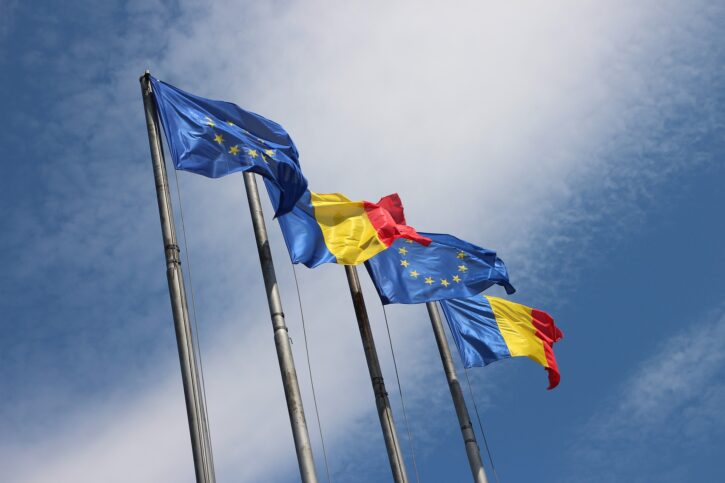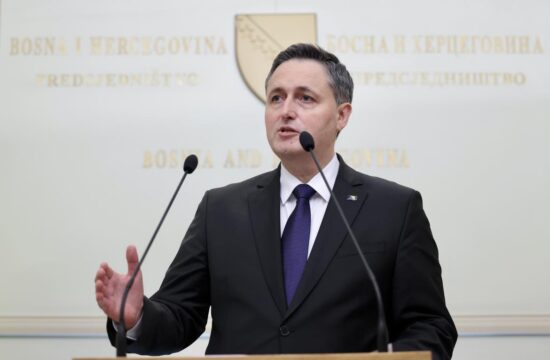
Romania took over the EU rotating presidency from Austria on the first day of 2019 and will chair the European Union in the first half of this year.
During the six-month-long Romanian presidency, the UK is supposed to leave the EU on March 29, European Parliament elections will be held in the 27 countries on May 23-26, and on May 9 an EU summit will be held in the Romanian city of Sibiu at which the remaining members are supposed to outline the future of the Union.
The Romanian chairmanship ushers in the future trio of presidents of the Council of the European Union – Romania, Finland and Croatia – which will preside over the Council, six months each, from January 1, 2019, until June 30, 2020.
On December 21, Austrian Chancellor Sebastian Kurz met with Romanian President Klaus Iohannis and Prime Minister Viorica Dancila in Bucharest to hand over of the EU Council presidency to Romania.
It will be the first time that Romania, which became a member of the EU in 2007, takes over the presidency of the Council of the European Union.
The main priorities of the coming 6 months are likely to be the future financial framework of the EU for 2021 2027, the United Kingdom’s withdrawal from the European Union, as well as the elections to the European Parliament in May. The topic of migration will remain on the agenda.
Last Saturday, European Commission President Jean-Claude Juncker voiced doubts about Romania's ability to take over the EU's rotating presidency amid tensions between Bucharest and Brussels.
Even if the country is “technically well prepared”, the “Bucharest government has not fully understood what it means to preside over the countries of the EU,” Juncker said in an interview with the German media.
He said the EU presidency “requires a willingness to listen to others and a willingness to put one's own concerns in the background. I have some doubts about this”.
New European Capitals of Culture
In 2019, the two European Capitals of Culture are the southern Italian city of Matera and the second-largest Bulgarian city of Plovdiv.
In 2018, the Dutch city of Leeuwarden and Valletta, the capital city of Malta, were the two European Capitals of Culture – cities designated by the EU for a period of one calendar year during which they organise a series of cultural events with a strong pan-European dimension.
In 2020, those will be the Croatian seaport of Rijeka and the west Irish city of Galway.




